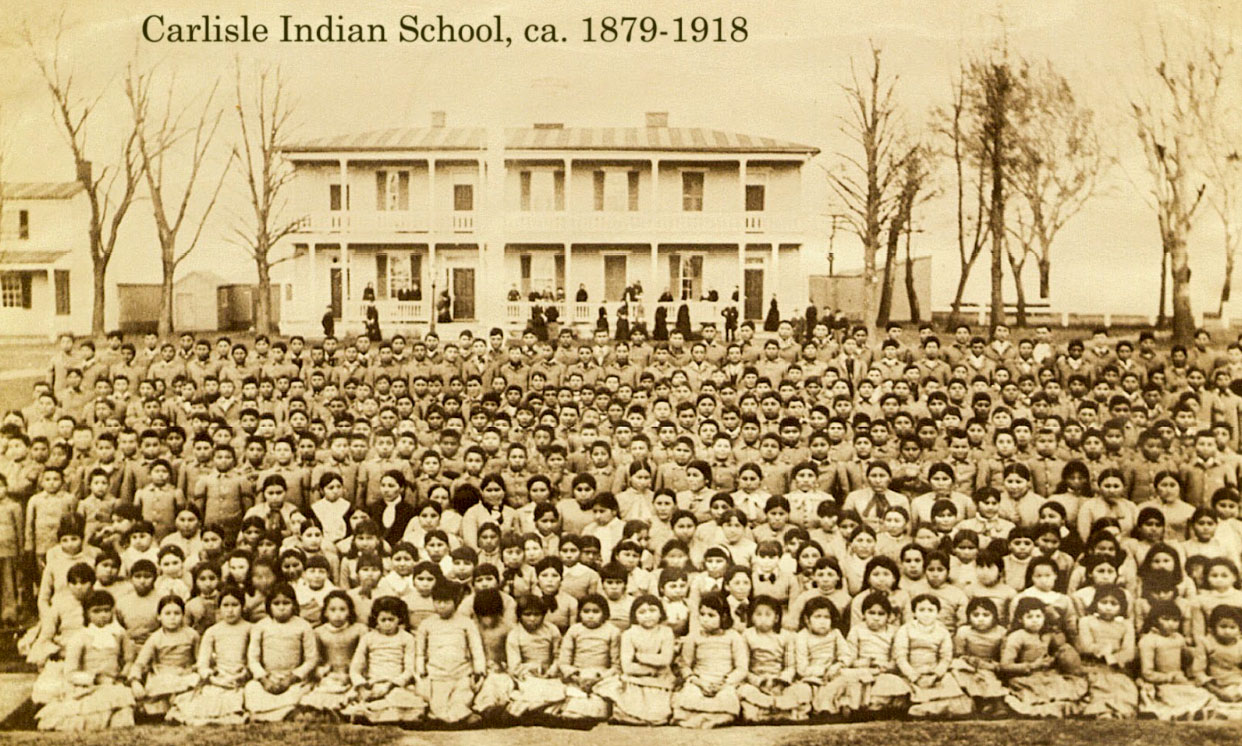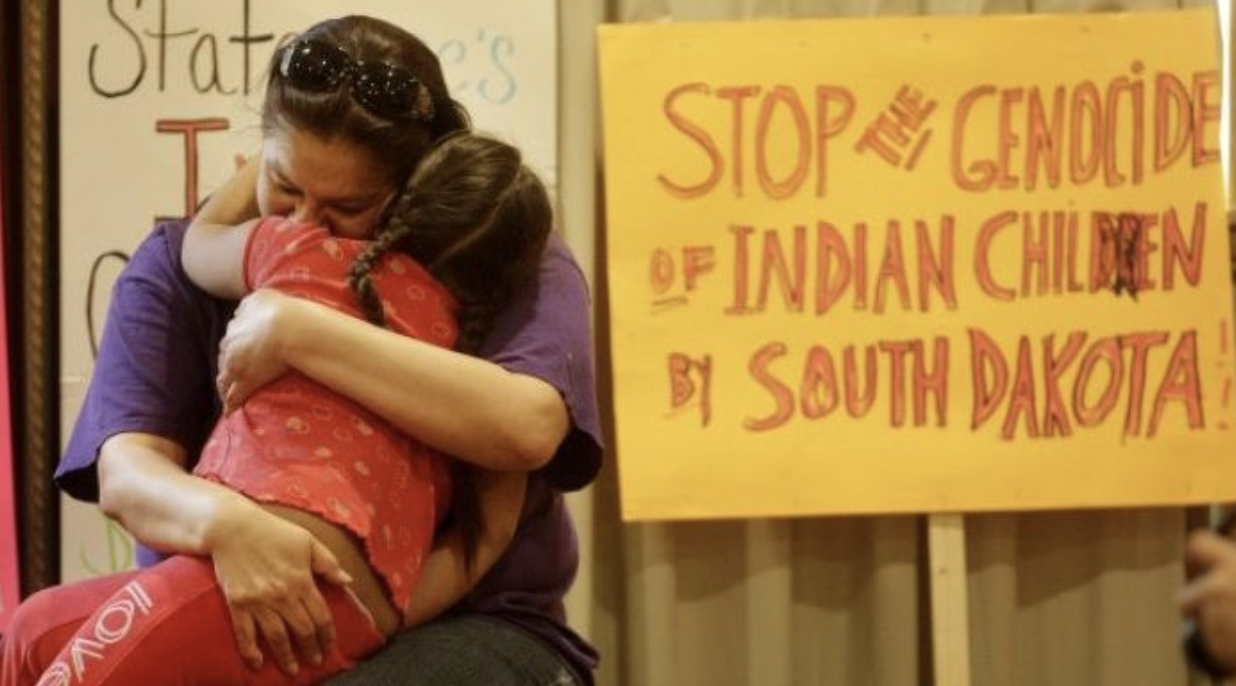Kolby KickingWoman
ICT
The United States Supreme Court has limited the scope of its historic McGirt decision.
In a 5-4 vote, the high court ruled in Oklahoma v. Castro-Huerta that the state of Oklahoma has concurrent jurisdiction and the ability to prosecute non-Natives when the victim is Native and the crime is committed on tribal land.
“From start to finish, the dissent employs extraordinary rhetoric in articulating its deeply held policy views about what Indian law should be,” Justice Brett Kavanaugh’s opinion reads.
Justice Kavanaugh wrote the majority opinion and was joined by Chief Justice John Roberts and Justices Clarence Thomas, Samuel Alito and Amy Coney Barrett in the majority. Justice Kavanaugh wrote that the views of the justices in the dissent were contrary to previous Supreme Court precedents and other laws.
“The dissent goes so far as to draft a proposed statute for Congress. But this Court’s proper role under Article III of the Constitution is to declare what the law is, not what we think the law should be,” Justice Kavanaugh wrote.
(Related: Supreme Court seems divided in Indian Country case)
Justice Neil Gorsuch wrote the dissenting opinion and was joined by Justices Stephen Breyer, Sonia Sotomayor and Elena Kagan.
Gorsuch, the author of the historic McGirt decision, wrote that tribes were promised to be free from interference by state authorities.
“Where this Court once stood firm, today it wilts,” Gorsuch wrote. “Where our predecessors refused to participate in one State’s unlawful power grab at the expense of the Cherokee, today’s Court accedes to another’s.”
Today’s opinion can be found and read here.
This is a developing story and will be updated throughout the day.
Related:
— Indigenous people, organizations react to overturn of Roe
— ‘We will never, ever stop having abortions’
— Court sides with federal agencies in subsistence lawsuit

ICT is a nonprofit news organization. Will you support our work? All of our content is free. There are no subscriptions or costs. And we have hired more Native journalists in the past year than any news organization ─ and with your help we will continue to grow and create career paths for our people. Support ICT for as little as $10. Sign up for ICT’s free newsletter.
Supreme CourtOklahomaMcGirt V. OklahomaOklahoma V. Castro-HuertaSCOTUS

By
Kolby KickingWoman, Blackfeet/A’aniih is a reporter/producer for Indian Country Today. He is from the great state of Montana and currently reports for the Washington Bureau. For hot sports takes and too many Lakers tweets, follow him on Twitter – @KDKW_406. Email – kkickingwoman@indiancountrytoday.com

 According to the Federal Indian Boarding School Initiative Investigative Report, the Carlisle Indian Industrial School in Pennsylvania was just one of 408 institutions designed to “kill the Indian and save the man” run or supported by the United States between 1819 and 1969.
According to the Federal Indian Boarding School Initiative Investigative Report, the Carlisle Indian Industrial School in Pennsylvania was just one of 408 institutions designed to “kill the Indian and save the man” run or supported by the United States between 1819 and 1969.






